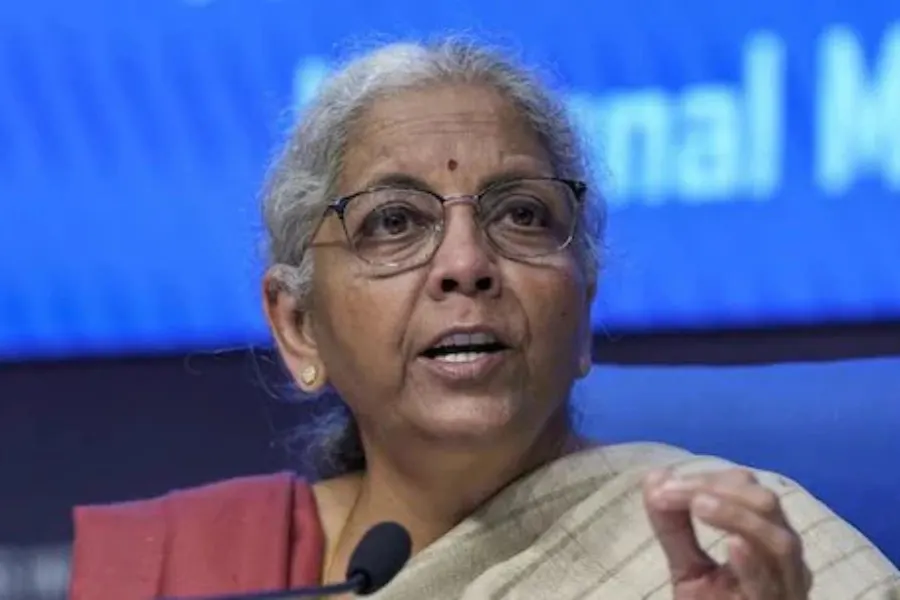
The Income-Tax (No.2) Bill, 2025, has been adopted by the Lok Sabha. Marking perhaps the most consequential reforms of the Indian tax system since the Income Tax Act of 1961. The legislation, which is set to come into effect on April 1, 2026, aims to simplify the tax code. It will make it more user-friendly, and address long-standing problems raised by taxpayers and industry participants.
What Prompted the Withdrawal of the Previous Bill?
Only a few days before the approved legislation went to parliamentary debate, the government withdrew the previous version of the Income Tax Bill, 2025. That version had been updated to include 285 proposals from the Select Committee. It is chaired by senior BJPMP Baijayant Panda. But Finance Minister Nirmala Sitharaman stated that the previous version was withdrawn to avoid confusion arising from potentially conflicting drafts. It was to take into account stakeholder feedback.
The updated version of the legislation addressed corrections, changes to terms, clearer definitions, shorter sentences and updated phrases to conform different phrases and references. The intention was to make the law easier for both taxpayers and professionals to interpret.
Some Major Changes Beneficial to Taxpayers
The legislature proposed several measures that aim to improve fairness, equality, and efficiency in taxation:
- Interest on Late ITR Refund – Taxpayers can now receive a refund as long as they meet certain criteria, even if the ITR is submitted post the deadline.
- No Penalty-specific Delays – Penalties for inadvertent non-compliance and the late filing of Tax Deducted at Source (TDS) has been removed.
- Nil Certificate for Non-Tax filers – Indians and NRIs without taxable income may be able to apply in advance for a ‘nil certificate’.
- Tax Year Not Financial Year – The law has changed the terminology from ‘Financial Year’ and ‘Accounting Year’ to ‘Tax Year’, meaning that taxes will now be paid in the year the income was earned.
- Reinstating Section 80M – The deduction for inter-corporate dividends has been reinstated to prevent double taxation again.
- MSME clarity – Defined definitions for micro and small enterprises consistent with the MSME Act.
- Deduction of Rental Property – 30% flat deduction of rental income and interest deduction on borrowed funds used to purchase, maintain, or build rentals.
Welfare for Corporations and Investors
The law also reinstated certain corporate tax deductions and clarified the definitions of terms like “capital asset” and “beneficial owner.” It includes tax benefits for public investment funds from Saudi Arabia. It for other sovereign funds that are investing in the infrastructure of India as well.
In addition, the Taxation Laws (Amendment) Bill, 2025. It was passed at the same time as the main bill. This expands tax concessions under the Unified Pension Scheme (UPS) in line with the benefits of the New Pension Scheme (NPS).
Experts’ Reactions
Tax specialists have welcomed the changes. Rajesh Gandhi, Partner at Deloitte India, noted that the bill had a well-organized, well-drafted legislation. Some industry recommendations had most probably been incorporated. Such as removing withholding taxes on exempt income for some funds.
Furthermore, Dinesh Kanabar, CEO of Dhruva Advisors, said that many of the disputed clauses. These were like the Alternate Minimum Tax on the LLPs and stricter provisions on Charitable Trusts. This had been relaxed or removed entirely.
What’s next?
The bill will go to the Rajya Sabha for passing. And then it would go to President Droupadi Murmu for her assent. If (and when) the bill comes into force, it is designed to simplify India’s tax system to a degree. This is done where it is more understandable and meeting today’s economic demands.
Therefore, from changes in terminology, to leniency with penalties, the recent news updates of this tax bill is indicative of a more taxpayer-friendly, growth-style orientation by government.







